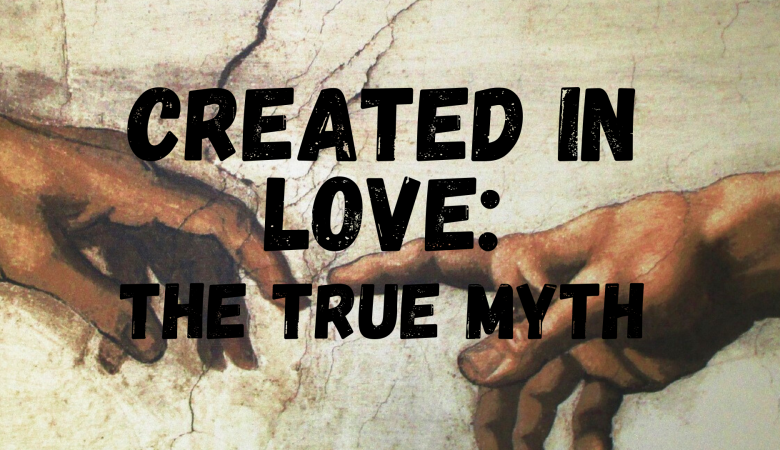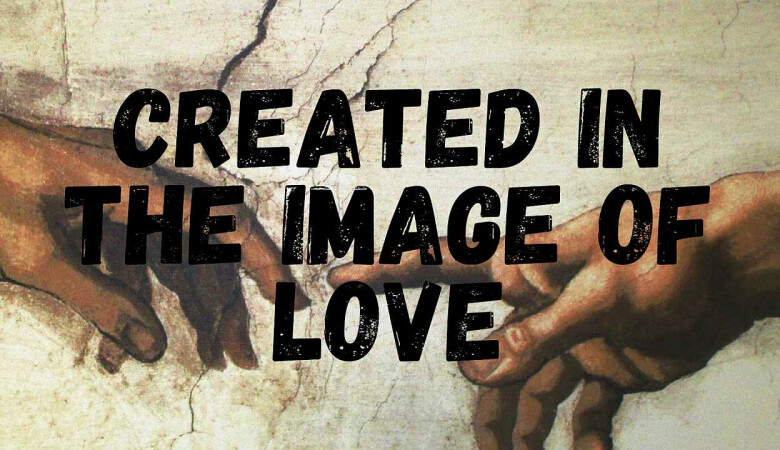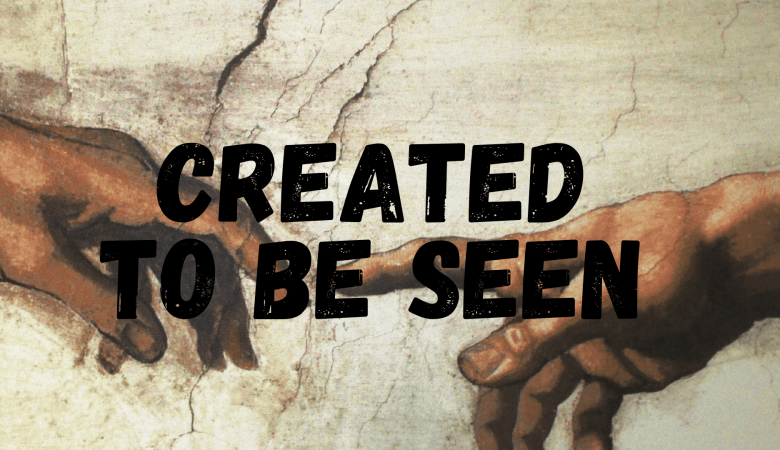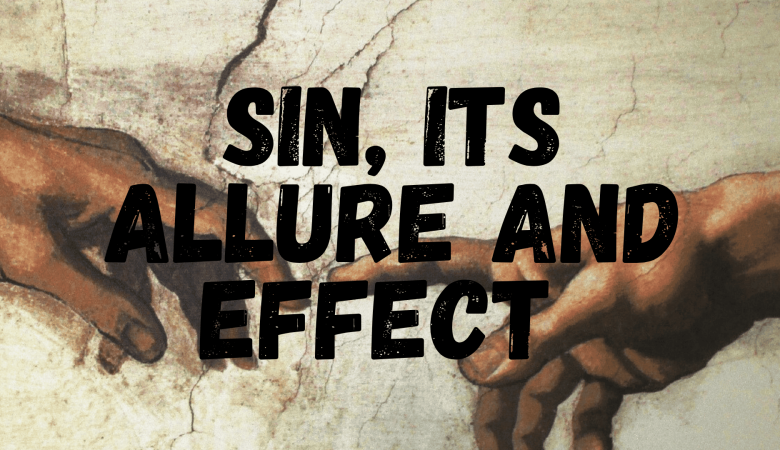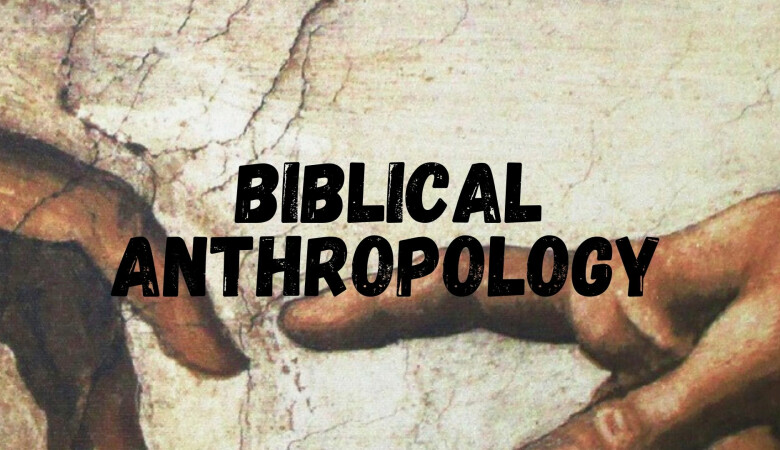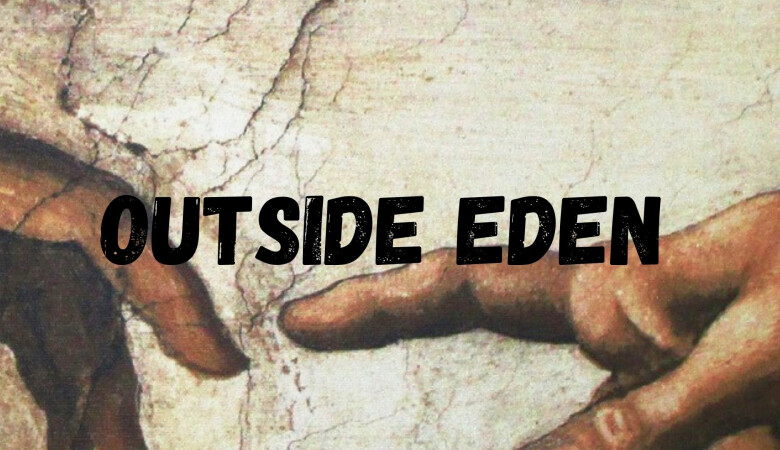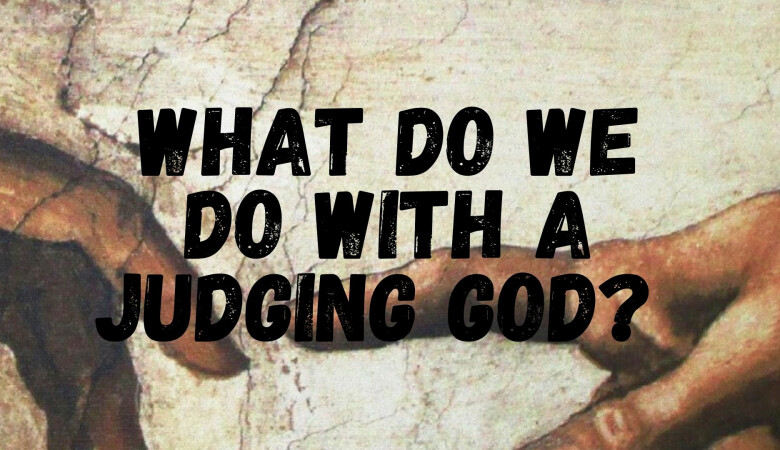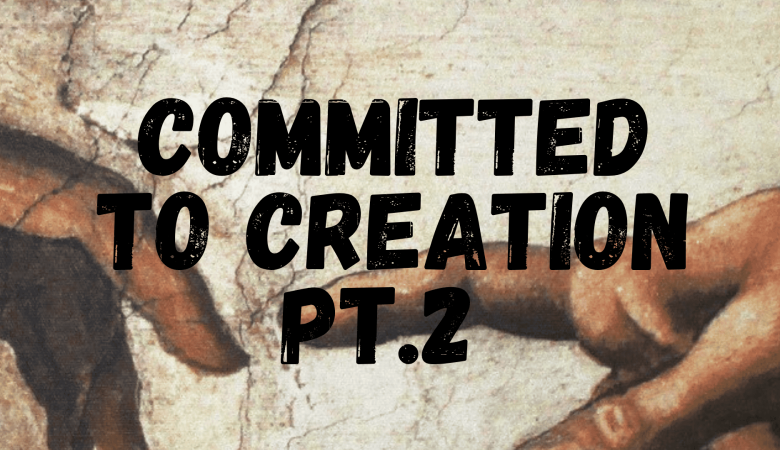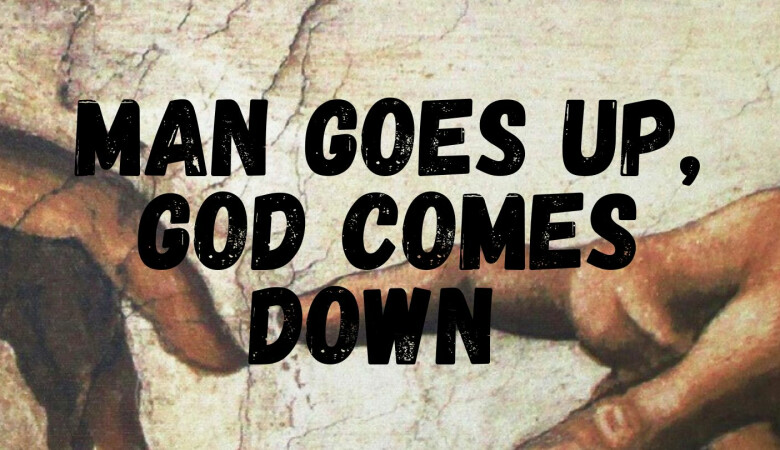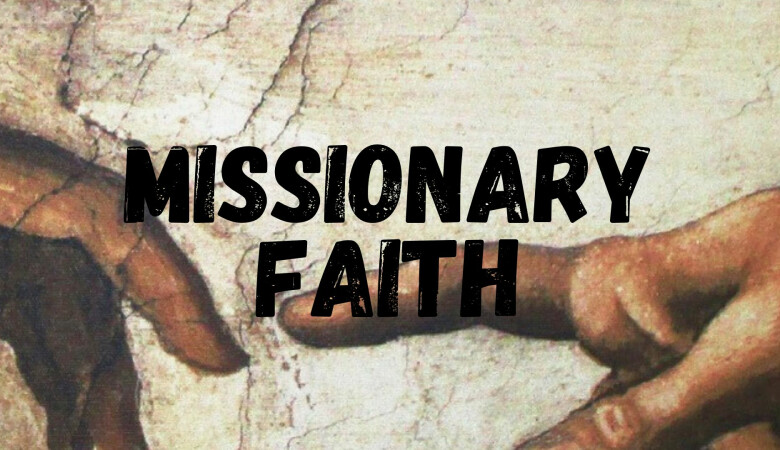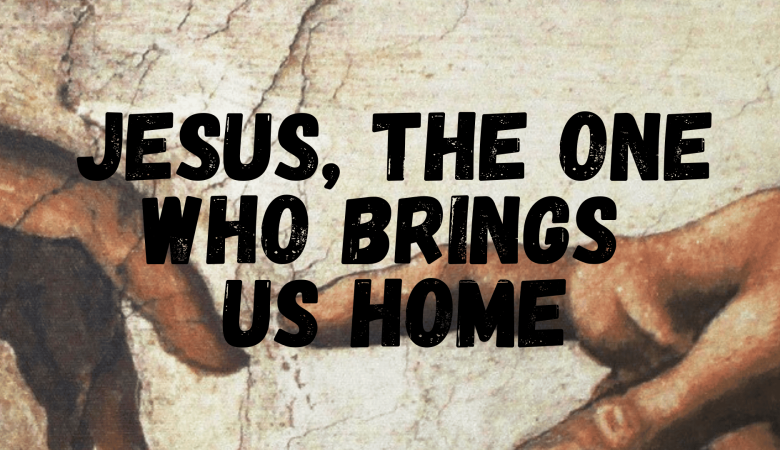Series: Created in Love
Generational Faith
November 10, 2024 | Peter Rowan
Passage: Genesis 5:1-32
Summary
Genealogies, "accounts", are the chapter headings of Genesis. Even so, their significance can be lost on us. Genesis 5 tells the Genealogy from Adam to Noah in the line of Seth. While it stands as incredibly different then genealogies we would tell (boy they were old!!), it is packed with meaning and encouragement to find life in the offspring to come and in calling on the name of the Lord. It stands in stark contrast to the genealogy of Cain in chapter 4. Pitted against each other, we are to find our life and our hope in the family of the Lord and our hope in him.
Transcript
I want to read for you the second half of Genesis 4 again, because it relates in a great deal to chapter 5.
17 Cain knew his wife, and she conceived and bore Enoch. When he built a city, he called the name of the city after the name of his son, Enoch. 18 To Enoch was born Irad, and Irad fathered Mehujael, and Mehujael fathered Methushael, and Methushael fathered Lamech. 19 And Lamech took two wives. The name of the one was Adah, and the name of the other Zillah. 20 Adah bore Jabal; he was the father of those who dwell in tents and have livestock. 21 His brother’s name was Jubal; he was the father of all those who play the lyre and pipe. 22 Zillah also bore Tubal-cain; he was the forger of all instruments of bronze and iron. The sister of Tubal-cain was Naamah.
23 Lamech said to his wives:
“Adah and Zillah, hear my voice;
you wives of Lamech, listen to what I say:
I have killed a man for wounding me,
a young man for striking me.
24 If Cain’s revenge is sevenfold,
then Lamech’s is seventy-sevenfold.”
25 And Adam knew his wife again, and she bore a son and called his name Seth, for she said, “God has appointed for me another offspring instead of Abel, for Cain killed him.” 26 To Seth also a son was born, and he called his name Enosh. At that time people began to call upon the name of the Lord.
I love games. Our family loves games. Football, volleyball, Rumikub, Quiddler (anyone?), Monopoly. This summer Melise’s parents went to Alaska with one of Melise’s aunts and they brought us a little brochure from their trip that had one of those word search puzzles. So my boys and I start looking for all of these Alaska words and it quickly became a competition. “King Salmon” - “Let’s Gooo!” And of course I showed them. Well, another game that is common on those kinds of brochures, especially for kids, is the spot the difference game. What’s different in these two pictures. So you have two pictures of a Woolly Mammoth and one has only one leg and stuff like that. I love that kind of stuff and because we watch enough Dude Perfect anything like that automatically turns into competition.
I’ve said this before, but being a pastor is an odd job. Genuinely, when I meet someone and tell them I’m a pastor, a few times a year someone cracks the bad joke, “So what do you do the other days of the week?” At other times, telling someone I’m a pastor is like telling them I’m an alien from outer space. A foreign object that is both sort of intriguing and totally scary. There are times when it opens up conversation and new relationship and there are times when it kills the party. You should try it. Not that I’m encouraging you to lie, but just to put yourself in my shoes, next time you’re at a party and you’re just meeting someone, just tell them you’re a pastor. Tell me how it goes.
Pastors, and not just pastor but Christians, are like those “Spot the difference” games. There are similarities and there great differences. Some people look at us like we are a one-legged Woolly Mammoth and maybe that’s good.
I mean, the temptation at times is to be just like the world around us, but Jesus says to the Father in his high priestly prayer in John 17 that his disciples are not of the world, but then in the very next verse he asks the Father to not take them out of the world.
And so you probably found yourself this election season - and, quite honestly, it is my hope that you found yourself this way - just not quite fitting in, not quite at home in the political discourse, not quite at home in any one party, just not quite at home. A one-legged Woolly Mammoth.
Similar and different.
We just heard Genesis 5 and I would guess the immediately you were like, that sounds mostly different, mostly foreign to our ears. We don’t spend a lot of time in our world reading genealogies and the truth is that I actually couldn’t tell you some of my great-grandfather’s names let alone ten generations worth.
Today, I want us to consider some similarities and differences in this text and our world and then also some similarities and differences between the people of this text and the previous genealogy in Genesis 4 and I think in doing this we will also learn some of the ways that Christians are not of the world but are also kept within it.
Similarities and difference
Something different - old age
The first thing that I’m sure stands out to you as different here is the age of these folk. It says Adam lived until he was 930, Seth 912, Methuselah 969. Ok, that’s different. Living until almost your 1000 birthday is different. Mary Watts turned 96 last Saturday and Dottie Roden is turning 91 on Tuesday and Nevin White who some of you know is 99 and we are so glad they are still with us and we celebrate them and so we look at this and we think “Man, the Bible. I don’t know. Can I believe it?” Or if you aren’t a Christian you may just be thinking, “This is why! This is one of the reasons why I just can’t buy into this religion that says this book is true.”
Well, we have other ancient genealogies from the ancient near east. You probably know, and we will get into this, that we also have ancient flood stories. Those ancient genealogies that we have that are connected to the ancient flood stories have people living an incredibly long time. One Sumerian geneology includes eight antediluvian kings who reigned a total of 241,000 years! In another list ten kings reigned a total of 432,000 years. It seems that at least in the ancient world there was a belief that before the flood people lived longer.
This gets us to a another difference.
If this was a genealogy like we would write why are all of the brothers and sisters that are mention left out? I mean, if you are going to tell your family story at least mention the names of the others, right? And, of course, this gets us to even another difference, who were the wives of seth and Enosh? Did they marry their sisters? And I think the answer is probably yes, but we also know that Adam didn’t just have Seth here, we know that he had at the very least Cain and Able, but probably many, many others.
But here’s a thing I want to say about all of these differences: We tend to think our experience is the norm. We tend to think that living to 70 years old and then having hip replacement surgery and just hoping that you will get to play tennis with your grandkids is normal. But maybe it’s not. You know, a lot of people tend to think that secularism is the norm, that a life outside of regard for the diving is normal. But it’s not normal. The vast majority of the world and the world throughout history has been deeply religious. And it’s not changing. On a global level, religion is not in decline and neither is Christianity. And even here in the US, “normal” really depends one what stream you’re swimming in. We think of colleges and universities as tending toward secularism, and while that tends to be true, at Historically Black Universities 85.2% identify as Christians. And here’s the real thing, God made the world for life and not death. Death wasn’t how things were supposed to be measured, but life was. And Jesus says in John 10:10 that “The thief comes only to steal and kill and destroy. I came that they may have life and have it abundantly.” And Christians believe in the resurrection to come and life everlasting.
Ok, so, while these are different, maybe there is not just some weird and unbelievable about them, but maybe they offer us an insight into seeing the world from a different norm and with a greater hope. I don’t really understand these ages (and honestly, there are a lot of really interesting things that are happening with numbers in the Bible), but maybe there is something actually hopeful and beautiful about these ages and an invitation to see the world from a different perspective.
Ok, that’s something different, what’s something similar?
Something similar - culture
Well, if you look at Cain and his decedents what we see is they built a city and the city has all of the things that we tend to think of culture making.
You have Jubal who makes the lyre and the pipe, which is to say you have the creation of music and the arts.
You have Tubal-cain; he was the forger of all instruments of bronze and iron, which is to say you have industry.
You have Jabal; he was the father of those who dwell in tents and have livestock. And we know he wasn’t the first farmer. We already had Abel, so that’s not what is going on. No, it’s probably better to think of him as a business-man, a farmer who took it to a new level, maybe trading and bartering and making really a business out of it.
We also have a woman mentioned here. “The sister of Tubal-cain was Naamah.” Seems odd, until you realize that Naamah is related to the Hebrew word for “beauty” or “splendor” and you can think of how in this city she is the fashion designer.
We have culture making here.
You have all heard how the DNA sequencing of humans and chimpanzees are 99% similar. And that’s amazing. But, as a friend of mine said, that 1% is the difference between hitting a nut on a rock and opening it up and minding for steal and here in PA, fabricating it right here in Steelton and shipping it off to California and building the golden gate bridge.
A huge similarity in this text and our own world is culture making. Taking the things of this earth and making art and building businesses and designing fashion and thinking about beauty and all the rest.
Another similarity here though is that these are the people of the city. These are the dependents of Cain. And you don’t get all of this list of what they have created in the descendants of Seth. And so maybe a similarity here is that the city and culture-making and all of the rest are just for the world and not for the people of faith. Maybe this reinforces what a lot of Christians think. Cities are for the devil, and we just need to get away and create our own spaces of faith. This is why cities vote the way they do!!!
But this get’s me to the second kind of approach to similarity and difference that I want us to see and that is the similarity and differences in the text.
Something similar - Culture
And here I want to say that there is actually something very similar going on with the culture making here.
Ok, it’s true, this culture-making is done in the line of Cain and that’s not necessary positive, but it’s not necessarily bad either. I said this last week, but this reminds us that God’s grace in a way is still with those who are in rebellion against him. He causes the rain to fall on the just and the unjust. The image of God still remains in those who aren’t following him and his invitation to them to bear fruit and to multiply and to fill the earth and to have dominion over it is still there. And the echoes of Genesis 1 are not just in the genealogy of Genesis 4, but also in Genesis 5. Starting in verse 1: “When God created man, he made him in the likeness of God. 2 Male and female he created them, and he blessed them and named them Man when they were created. 3 When Adam had lived 130 years, he fathered a son in his own likeness, after his image.” So there are similarities of echoes of creation. Culture and creation.
And if you take the text as not just these bits of Genesis, but the whole text that the Israelite community would have received from Moses, what you find is that he exact things that are listed here in his first city are mentioned with regard to worship and the Temple that we find in the second half of Exodus and in Leviticus.
There are artist who make and play instruments. There is human ingenuity taking gold and other precious medals and making lamp stands and wash basins and all kinds of other things for the tabernacle. There is the whole sacrificial system with its sheep and other animals. There is fashion. There are huge draperies that adorned the entrance and side of the tabernacle and the priest wore beautiful robes with brilliant colors and maybe Naaman helped with the initial fabrics that led to the development of such robes.
You see, the Bible doesn’t poo poo culture making. Not even close. It begins with God who creates and invites us to go out and do the same.
But if we see similarities in the genealogies of Genesis 4 and 5, we also see huge differences
Something Different -Orientation towards self or orientation toward God
And the big difference is the orientation towards self or toward God.
Genesis 4 began this way: Now Adam knew Eve his wife, and she conceived and bore Cain, saying, “I have gotten a man with the help of the Lord.” “I have gotten.” “I’ve done it!”
Genesis 4 ends with this: 25 And Adam knew his wife again, and she bore a son and called his name Seth, for she said, “God has appointed for me another offspring instead of Abel, for Cain killed him.”
Man-centeredness seems to be the theme of Genesis 4, and god-centerness the theme of Genesis 5.
And the man-centered approach ends Lamech’s bravado: I have killed a man for wounding me, a young man for striking me. If Cain’s revenge is sevenfold, then Lamech’s is seventy-sevenfold.
Death.
But when you come to the genealogy of chapter 5 you find god-centered life.
I said numbers are a big deal in the Bible. Specifically the numbers 7 and 10 are numbers of completion. Think of the seven days of creation or the ten plagues or the ten commandments, for example.
Well, the seventh in this genealogy is Enoch who “walked with God, and he was not, for God took him.” Life. Not death. Life.
The tenth in this genealogy is Noah, who is named Noah because “Out of the ground that the Lord has cursed, this one shall bring us relief from our work and from the painful toil of our hands.” Noah is related to the Hebrew word meaning “rest”.
Enoch and Lamech are reminders of the difference of a family that is living for self and a family living for God. One brings death and one brings life. One brings labor without rest and one knows when it is enough and when to rest and to trust.
Friends, I understand the oddness of being a Christian. I mean, another significant lesson in these genealogies is that our kids are always being disciples. They are either discipled in the ways of those who call upon the Lord or those who are in rebellion. In a way, everyone is baptized into a way of being in the world - either to God or not. And that means that your kids are different and your speech is different and how you approach your time and your money and your work is different. I understand that. And I bet these Israelites that first got this text when they were leaving Egypt thought of the glories of Egyptian culture and music and art and business and all of the rest and remembered it’s beauty, but they were called to a different way of being in the world. One that embraces the things of this world, but offers them to God, one that embraces their children and doesn’t sacrifice them on the alter of career but dedicates them to a life of following the Lord.
There is a real significant difference in the Cain and Seth lineage that I didn’t mention and that is that Seth comes as Eve remembers the promise of God of the offspring who would come. She echoes Genesis 3:15: “God has appointed for me another offspring”
She was looking for Jesus, the One who would come and save his people from their sins.
That is the difference in these two genealogies. One is looking to Jesus and the other is not. And that means that one is the way of life and the other is the way of death.
Series Information
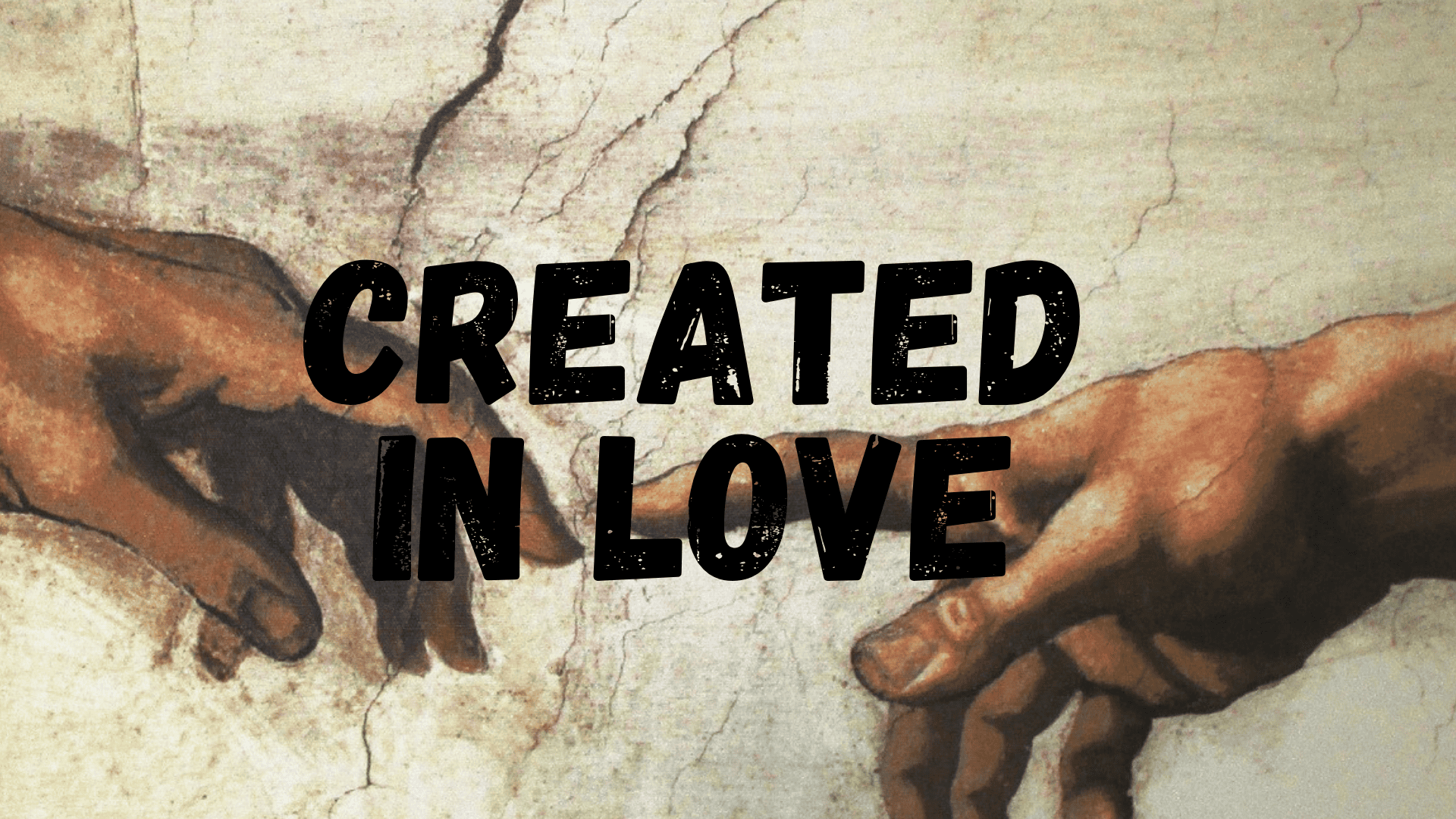
The first 11 chapters of Genesis are the origin story of all that is. In it we find unexpected account. It is not written to satisfy our desire to know the “how” As we will see, these 11 chapters are far more concerned to tell us “who” creates, and what becomes of the “good" world he hands his image bearers.

